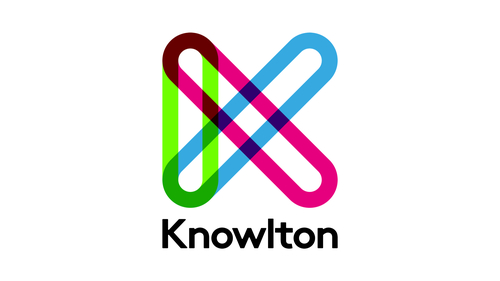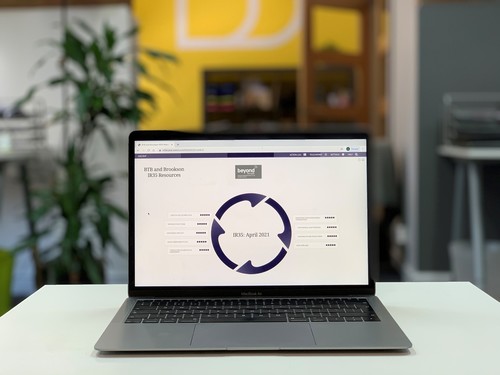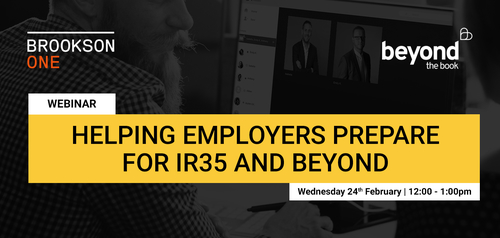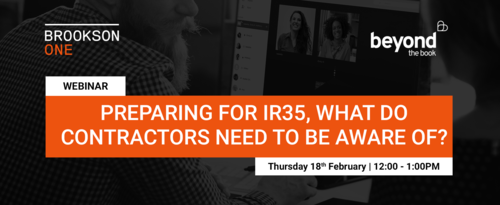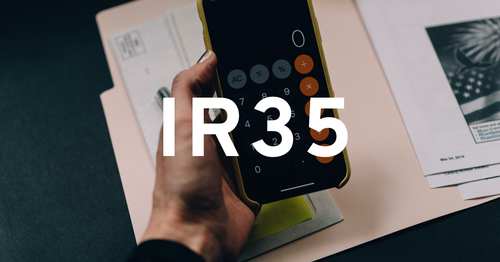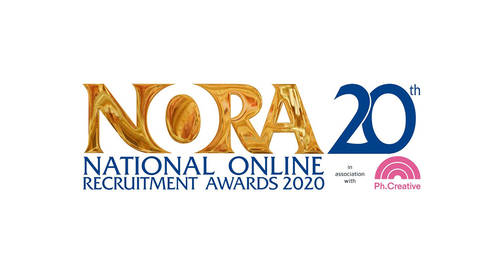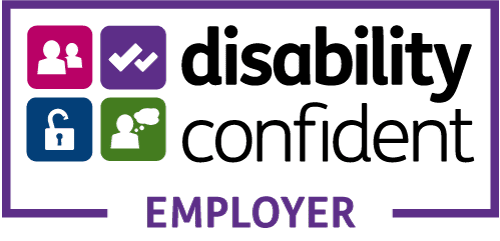Is freelance for me?
almost 4 years ago by Emma Head
Being a freelancer is very different from being employed on a permanent basis. There is an element of risk you are taking by going solo; but if done right, working on a freelance basis can offer a large range of benefits and be very rewarding.
However, it’s not always plain sailing to get to the point of reaping the rewards. It takes a good deal of planning, some hard work to get yourself and your CV/portfolio ready to market, and an understanding that the road ahead may be bumpy. But it’s definitely worth the ride!
As a freelancer you are providing a paid-for service. You are effectively selling your knowledge, skills and time. You will usually be paid on an hourly or daily rate, although it is very common to provide a quote per project, on this basis, depending on your area
of expertise.
We have been helping freelancers make a success of their careers for more than a decade and we thought that we could share some useful pointers, and things to consider before taking the plunge into freelance.
What to consider before working as a freelancer
Being your own boss
Being self-employed, you are effectively your own boss, and in charge of your time and income. While building up a client base takes time, being a freelancer offers the opportunity to choose how much work you want to take on and, therefore, how much you are
capable of earning.
Meeting people and working in different environments
You will have the opportunity to work with a wide variety of people and in a range of environments, which can be incredibly interesting and can also help to build on skills that you may have only touched on in other roles.
Freelance network
Other freelancers that you will meet along the way will become your new ‘colleagues’ and you will steadily build a network as you get to know more and more people. This will really help you and enable you to help others, through recommendations for new work opportunities, as well as creating a support network for ideas or to let off steam. You can even arrange your own freelance Christmas party!
Creative development
With most assignments, you will get booked because you have the relevant skills and experience that the client is looking for. You will also find that your creative knowledge and skills will also benefit from working with wider sectors and brands. Do ensure that you
keep adding these extra skills and brands to your CV and keep your portfolio up to date with your work.
Increased earnings
While it’s true that you will earn more freelance than being an employee, and it’s tempting to do calculations on how much you could earn in a year, remember that there will be times when you may not have work, or an assignment is cancelled at the last minute. It’s crucial that your business plans factor this in, so it is good practise, if you can, to always keep a proportion of your earnings aside.
You get to choose where you work
As a freelancer, you will work in a range of environments. Some you will love and feel a real affinity with the workspace and the team. These will often become your best clients and you may prioritise working there and your availability over other clients, where the work may be good, but perhaps you may not enjoy the environment as much. The point is that, as a freelancer, you ultimately get to choose which projects you work on, when the opportunities arise.
You can choose your work life balance
Being a freelancer gives you a large amount of flexibility as to how you choose to work. It may be that you wish to do the school run each morning and can only start at 9:30am, or you want the option to work from home part or all of the time. Depending on the client and the project you can, to some extent, dictate how you work. Bear in mind that this may not always be possible, and you may have to compromise – especially when you are first starting out. However, the choice to do the work is always yours.
Practicalities
Long payment terms & chasing payments
Managing your finances, chasing leads and chasing payment take up more time and self-discipline than you would imagine. Try to have a routine and a schedule for invoicing and decide how you will follow up with clients. It can be difficult discussing money and
payment terms once you’ve started or even finished a project, so be clear and vigilant from the very start to avoid nasty surprises and stressful conversations. Also make sure you know who your invoice needs to go to and keep a good line of communication with that person.
Business management
This includes running your business from a financial perspective, marketing yourself and making sure you have the support to run your business. A good accountant is crucial, and they can also point you in the right direction for insurances and any legal/contractual help you might need. Ensure you have the equipment/software you need to do the job – you may need to supply your own kit and also be able to work totally remotely. It’s not enough to be a skilled creative or marketeer, you also need to ensure that you have
thought of the ‘what ifs’ and are prepared for any eventuality. Ask other freelancers for recommendations and any lessons they have learned. Be as prepared and organised as you can be!
Holiday
Unlike being on PAYE, when self-employed you do not earn when you take holidays. Make sure you ascertain when the quieter times are for your clients and plan your holidays around this. Although you are your own boss, you still need to manage your client’s expectations regarding your availability when it comes to booking time off, allowing them to plan accordingly.
Less security
The trade-off for flexibility and higher rates of pay is that there is no job security in freelance and you are not protected in the same way as employees. If you fall sick, then time off recuperating is unpaid, so, as mentioned earlier, try and keep a financial buffer to manage any potential peaks and troughs.
Not owning the work
Be prepared to sign NDA’s (Non-Disclosure Agreement) with every client. Many of these will dictate whether you can showcase the work that you have done for the client. Some stipulate that you can’t ever show the work, others once it is in the public domain. Make a note of all the NDA’s you have signed and what they each mean.
IR35
There are some big changes in Off Payroll legislation planned for April 2021, which will affect how a freelancer engages with a client and whether a freelance job is deemed as self employed and ‘outside’ of IR35, or ‘inside’ IR35. This can mean significant differences in take home pay. This is already in place in the public sector but being rolled out to the private sector. Have a read through our IR35 guide and make sure you understand as much as you can before April 2021.
Potential challenges
Uncertainty around upcoming work
Not knowing if you have work booked in week to week is not for the faint-hearted. It can be unsettling if you like to be in control, both from a financial and mental health perspective. It is an important consideration and something to seriously think about before taking the leap into freelance.
A lot of hard work to secure bookings
Be prepared to market yourself, especially in the early days and depending upon your skill set. There could be a lot of competition, so it’s important for you to build your own brand on social media, connect with people and showcase your work. LinkedIn is the best platform for this, do put the time and effort into building a good profile and linking in with people, do factor this into your plan. Please read our guide to making a success of your freelance career.
You may not feel part of a team
Although you will be meeting a lot of people, you may at times feel lonely, as you are not building strong relationships with fellow workers. You may also be working remotely and, while this has many positives, the negative side can be the lack of interaction with other people. Make sure that you have a good LinkedIn presence and are connecting with other freelancers, in order to feel that sense of community.
Downtime
Self-management is harder than you think. There will be down times that are imposed on you because of project timings and workload, which are difficult to predict and, conversely, you may become very busy and forget to schedule in the downtime and flexibility which was one of the main appeals of freelance in the first place.
Whether freelancing is right for you, or you would prefer our help on the permanent side, here at Beyond The Book, we aim to make your job search a positive experience and a success all round. We want you to have a successful career and hope you have found this information useful.



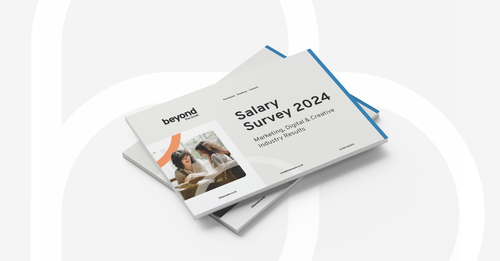
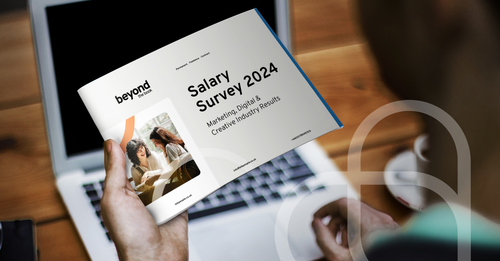






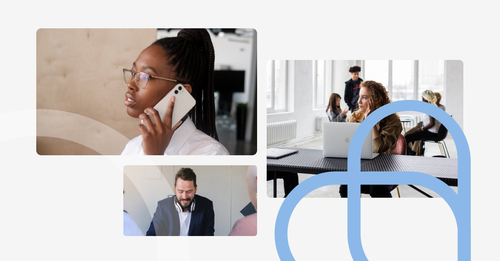








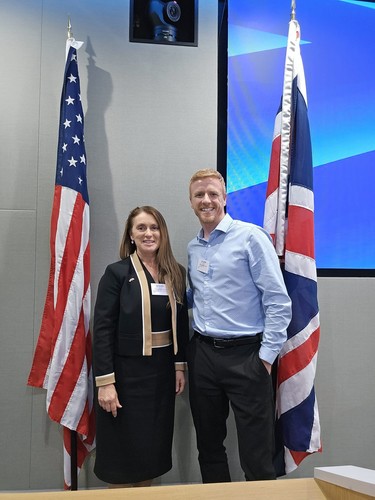




.jpg)



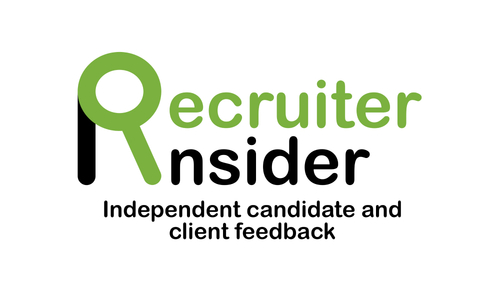












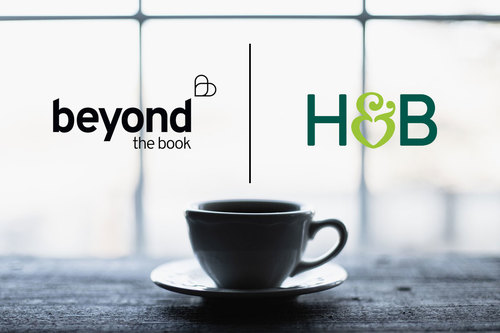


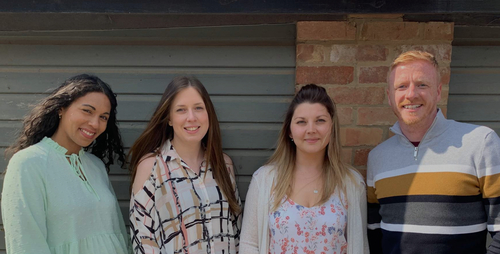







.jpg)













